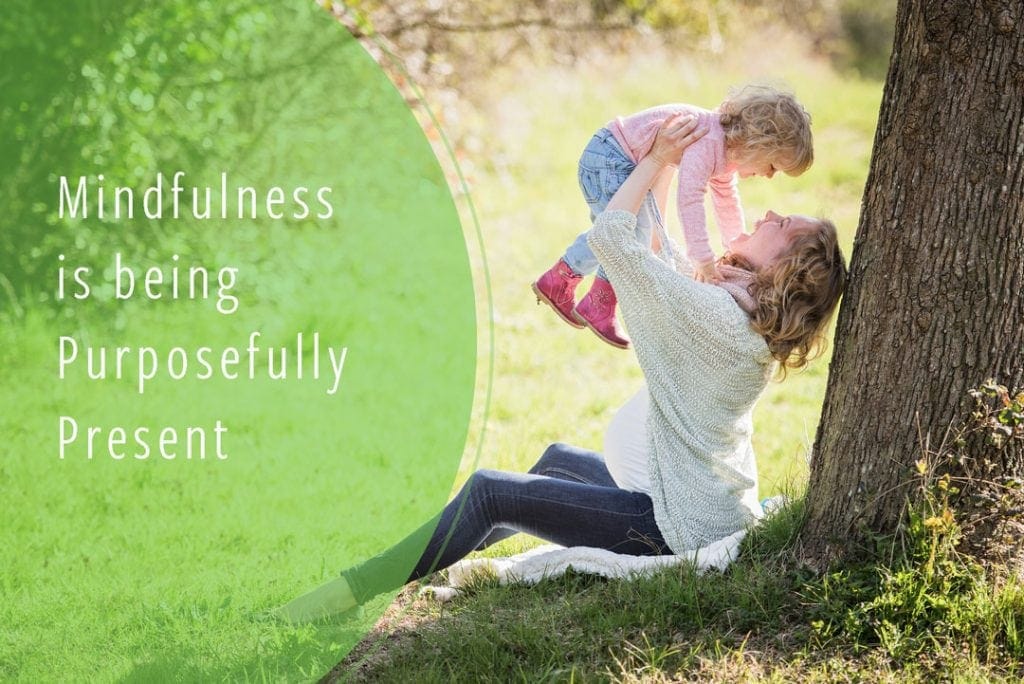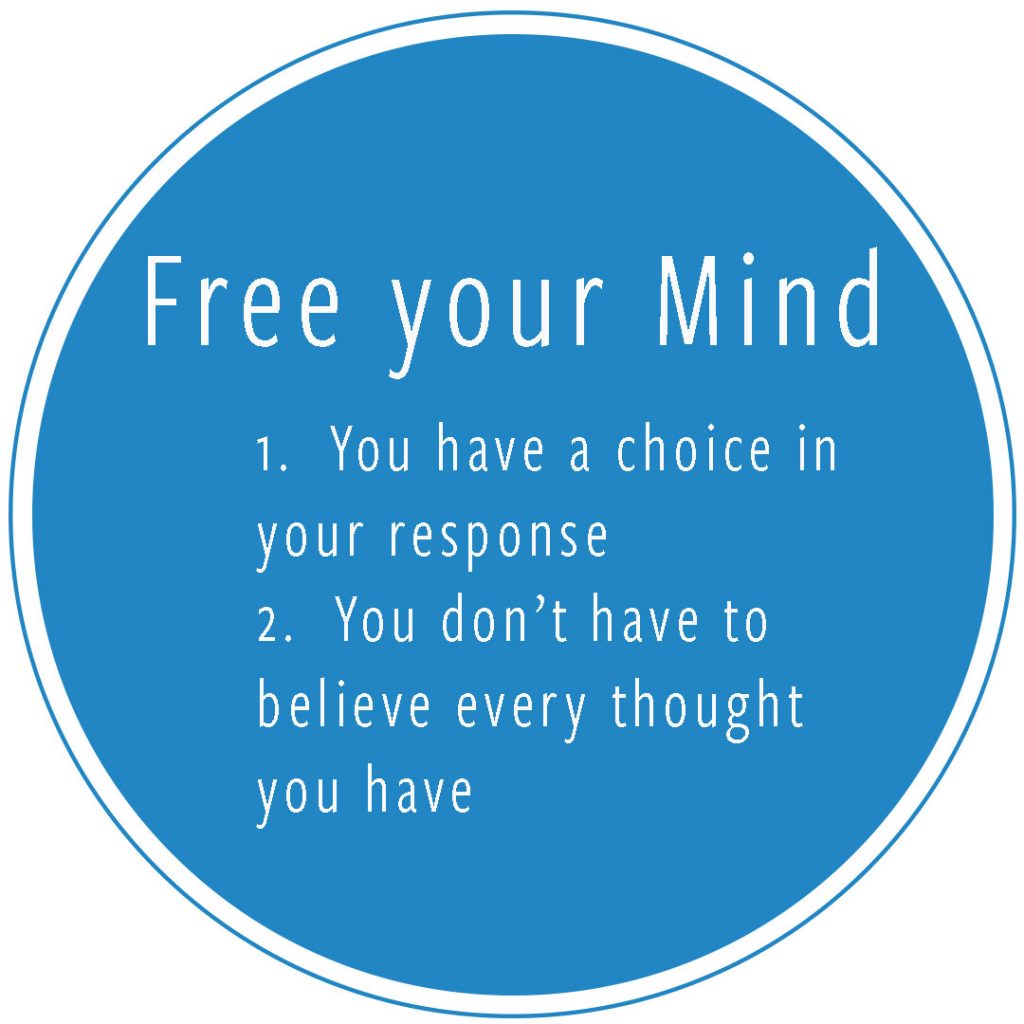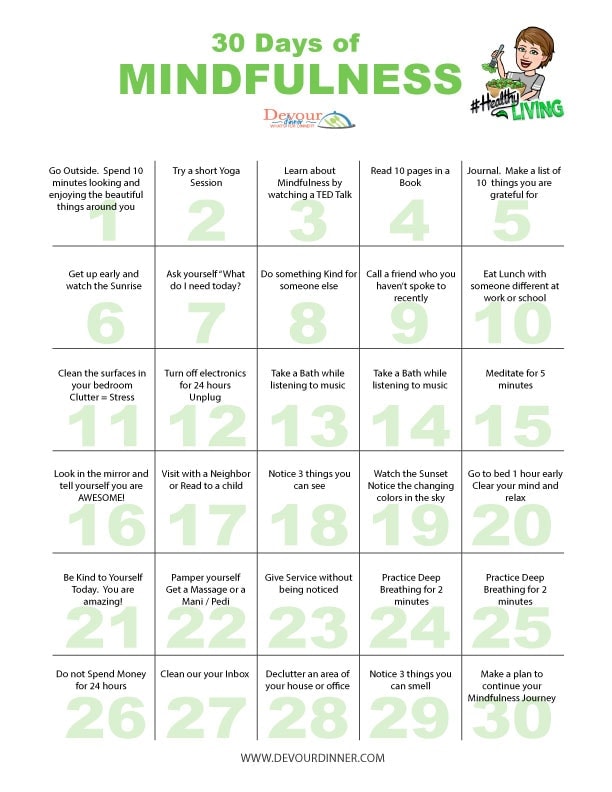Mindful meditation is a training practice that you should embrace this month to help you find a nice calm and sense of focus to your day. While you may not already realize it, you are a busy person, and taking a moment for yourself to meditate can have some great benefits.

It’s easy to get caught up in a spinning vortex of thoughts. Every day you have to wonder, what’s for breakfast, lunch or dinner. You’re thinking about how to make these meals satisfy picky eaters, your budget, your time constraints, and possible dietary issues.
Not only that, but you have work to do, lives to run, and so many other situations filling your daily life from chores to finances- your life is hectic and busy.
What is The Point of Meditation?
If you’re like many people, you may find that these thoughts lead to a sense of anxiety and stress. Lying awake at night thinking about the past, present, and future. Stress and anxiety aren’t good for your body or mental health. Stress can have adverse effects that include the need for prescription medicine. While meditation may not be the magic cure-all, it can definitely help out a lot when it comes to reducing stress and anxiety.
What is Mindfulness?
Mindfulness is the state of being conscious or aware of something. It’s a mental state achieved by focusing on the present moment. It involves acceptance and allowing the moment to moment flow of events to happen without judgment. You can think of it as simply, “living in the moment.”
Mindful Meditation helps to bring your thoughts together to focus on the here and the now. Focusing your thoughts, emotions, and sensations on things that are happening now will help ease stress.

What Are Some Examples of Mindfulness?
Some examples of mindfulness include:
- Paying attention.
- Stop and smell the roses. Really notice things as they are happening and don’t get so caught up in this fast-paced and busy world.
- Live in the moment.
- Try to live intentionally so that you can bring an open and accepting attention to everything that you do.
- Accept yourself.
- Don’t focus on your flaws, love and appreciate yourself exactly the way that you are. Treat yourself like you would treat a good friend.
- Focus on your breathing.
- Controlling your breathing is a pretty easy task. Practice taking breaths slowly through your nose and out of your mouth. Then repeat.
What Are The Benefits of Mindfulness?
The benefits of mindfulness can be felt both mentally as well as physically. While not only reducing your anxiety and stress levels, you may find other positive changes in your health, attitudes, and behavior.
Some of these include:
- Gaining a higher self-esteem
- Making deeper connections with others
- Relieve stress
- Lower blood pressure
- Treat heart disease
- Reduce chronic pain
- Improve sleep
- Alleviate gastrointestinal difficulties
Mindfulness can also help with:
- Depression
- Substance abuse
- Eating disorders
- OCD
- and couple’s conflicts
How Can I Start Mindfulness
Mindful meditation is a pretty simple practice to learn on your own, but following along with a teacher, course, or daily guide can help to get you started. Even if you only have a few minutes a day to focus on meditation, those few minutes can make a big difference.
There are a few easy things that you can do to get started on mindful meditation these include:
- Finding a quiet and comfortable place to sit and relax.
- Pushing aside every thought that isn’t focused on the here and present.
- Focusing on your breathing, and the sensation of the air as it enters your nostrils and leaves your mouth and seeing how every breath is a little different.
- As thoughts come and go inside your brain, make a mental note of them and remain calm. Don’t ignore or suppress them, and use your breathing as an anchor.
- If you find your mind trailing off and getting lost in thoughts, steer your way back by focusing on your breathing again. Don’t get mad at yourself for losing track as this happens and is normal.
- After you’ve finished your moment of mindfulness, continue sitting for another minute or so and bring yourself to awareness of what is going on around you and gradually get up and re-enter the world around you.
Besides taking a moment to do some mindful meditation, you can also incorporate it into your daily life. Cultivating mindfulness in your daily routine is a great way to reduce stress while still maintaining your day-to-day tasks. This is a perfect option for those that don’t feel comfortable sitting to meditate, but it can also be a great thing to do in addition to taking a few minutes for yourself.
Mindfulness Strategies You Can Incorporate Into Your Day
Washing Dishes
When you’re washing the dishes, instead of just trying to wash them so you can be done with them and get back to other “more fun” things like watching the television, focus instead on the act of dishes washing.
Notice the warm water, the sound of the running water, the look and feel of the bubbles and the sounds of the pans and plates clinking together in the sink. By focusing on the act of washing, you can give yourself a mental refreshment and a clean kitchen at the same time.
Teeth Brushing
You have to brush your teeth every day, so using this time makes perfect sense for doing a little mindfulness practice. Focus on everything going on, beyond the foaming toothpaste. Your feet are flat on the floor, the hard brush is in your hand, and your arm is moving up and down as it maintains little circles of bristles running over your teeth.
Bedtime Preparation
If you have kids, there is probably a bedtime routine in place already and by the end of the day, you may find yourself rushing through it to get them in bed so you can get tasks done and get some rest or sleep of your own.
Instead of rushing through, try to enjoy the experiences. Listen to your kids as they talk, savor the snuggles, watch their excitement as you read them a short story and you’ll see them relaxing as well as yourself.
While you may not have the time or dedication to set aside for 30 minutes a day and meditate, taking even just a few minutes here and there when you can is still a great way to reap plenty of mental and physical health benefits.
With this 30 Day Mindfulness Challenge Guide you can have the start you need to embark on a more mindful way of living.

Healthy Living is great practice
Devour Dinner does not make any claims or guarantees for health or a healthy lifestyle. Nor will Devour Dinner be held accountable for the choices of those who wish to participate. Always consult a physician before starting any exercise routine or change of diet. Please consult a dietitian for dietary needs.


Submit a Comment